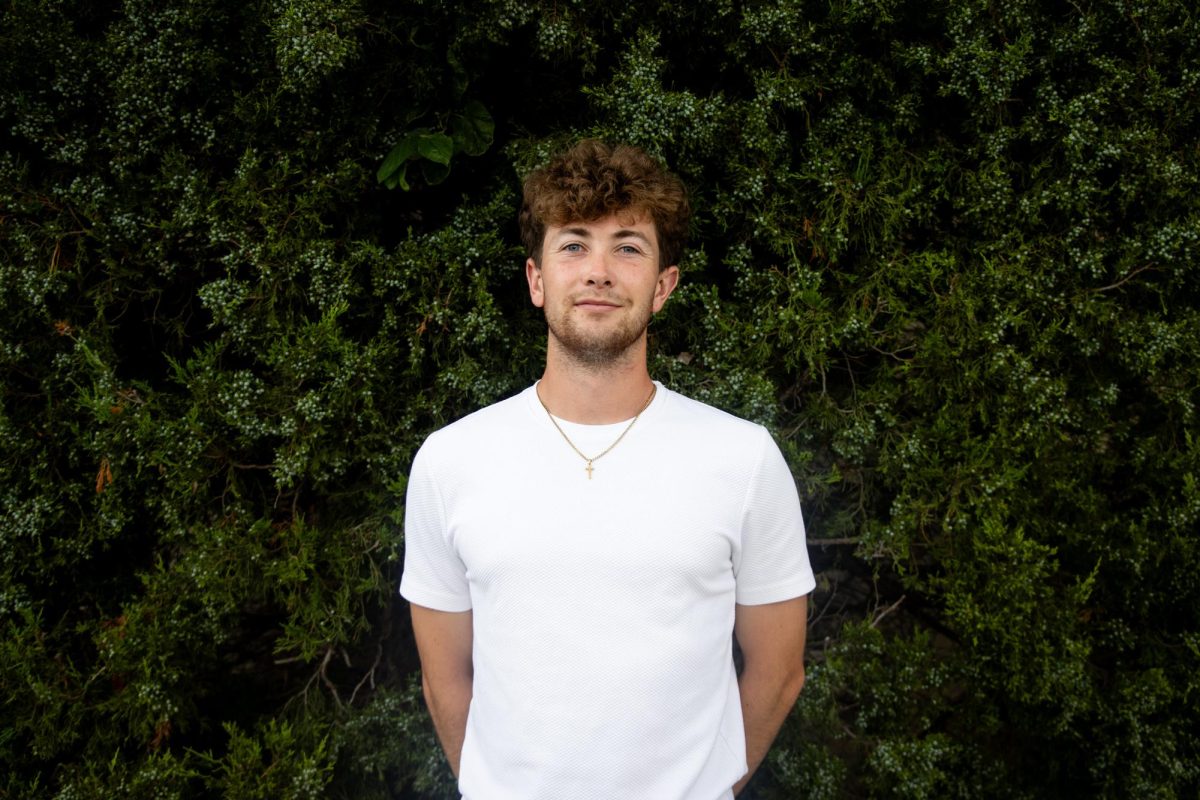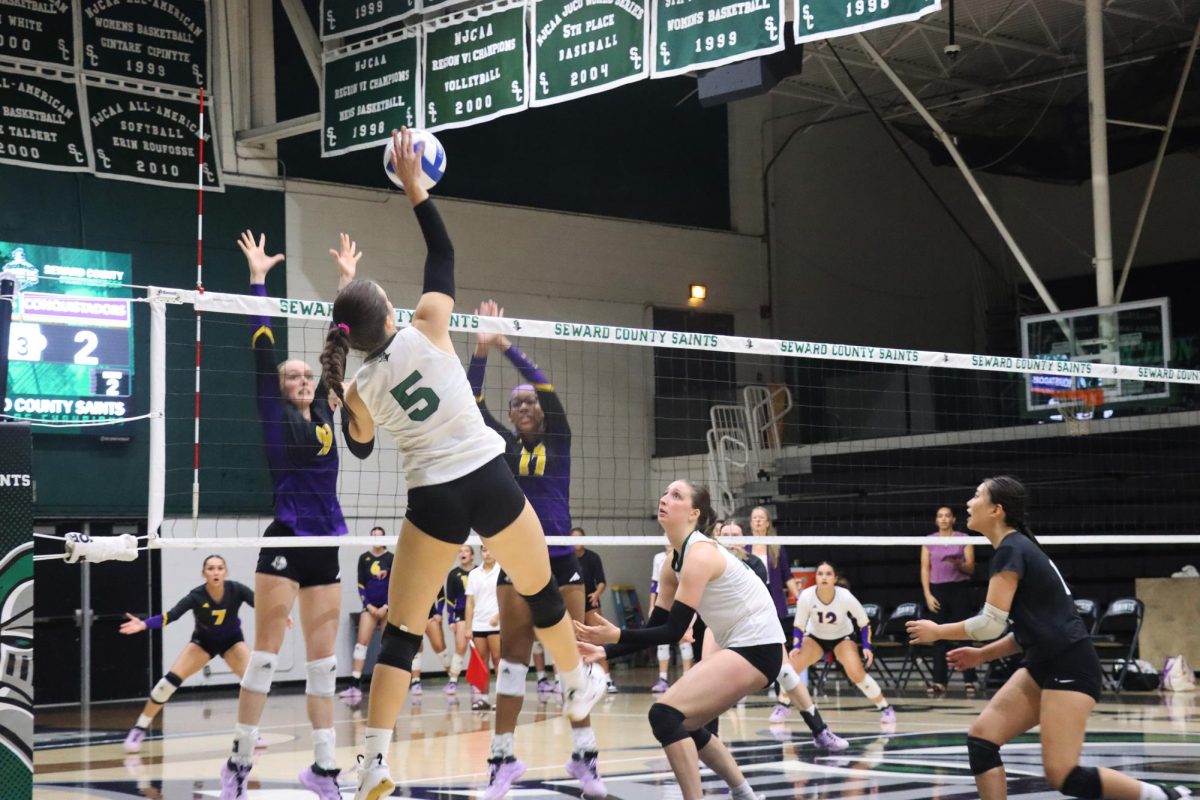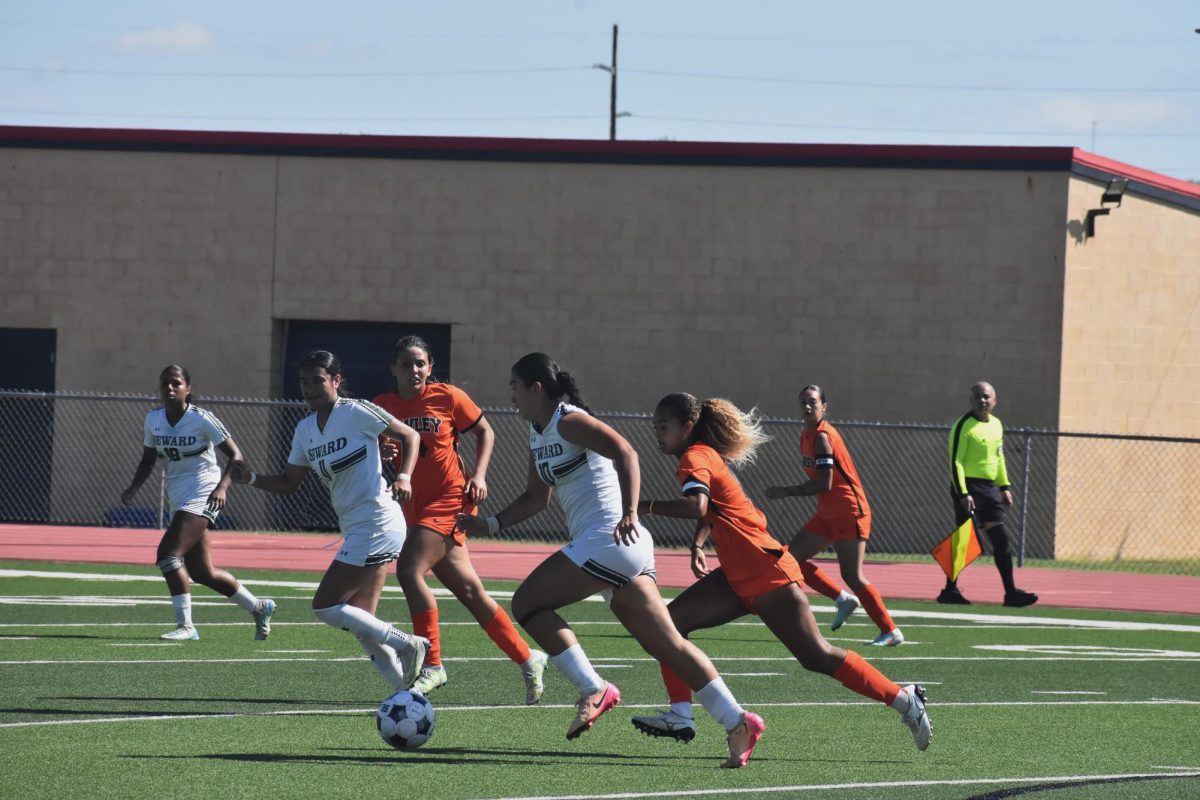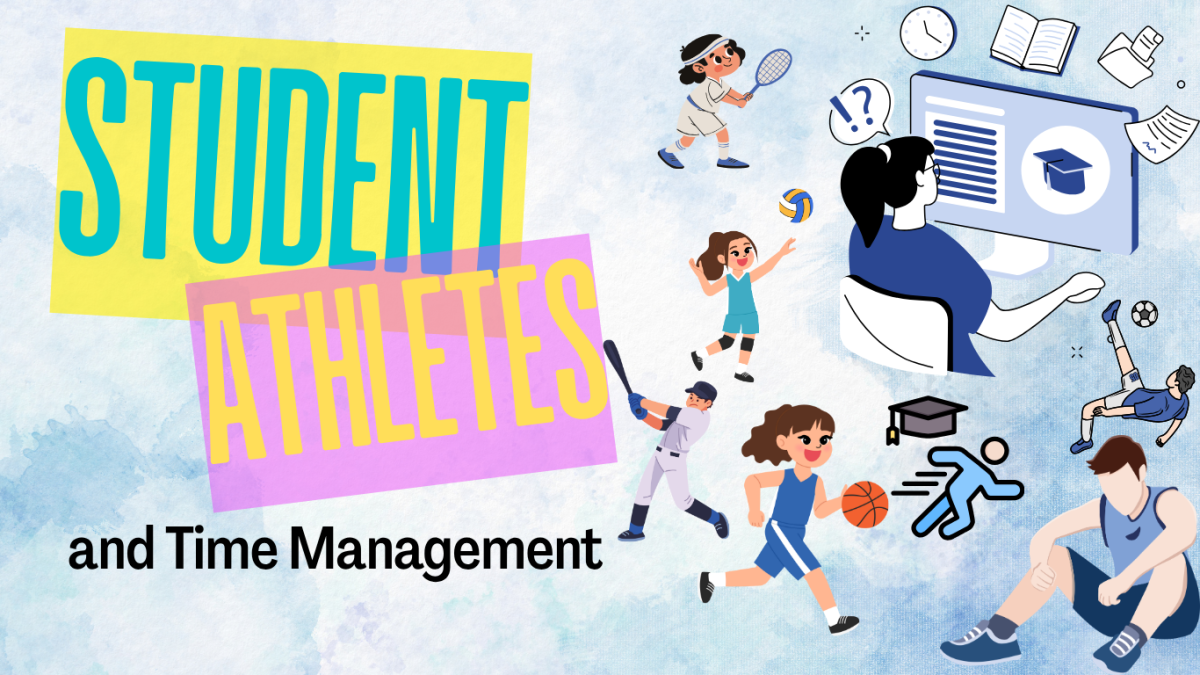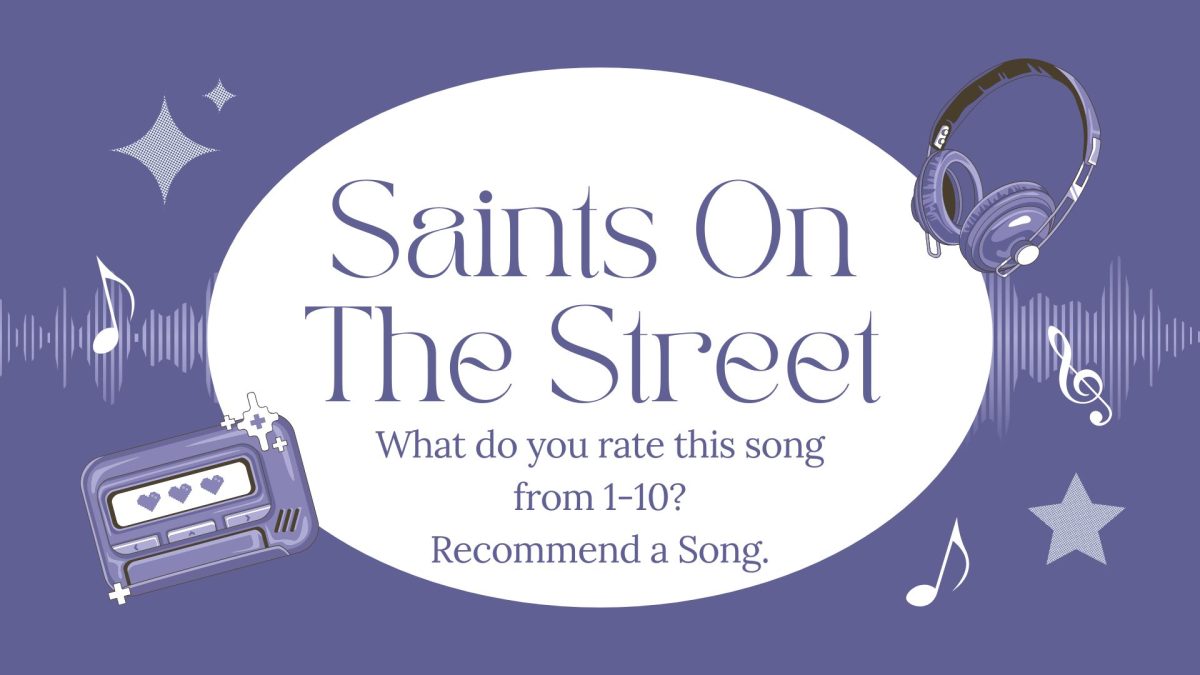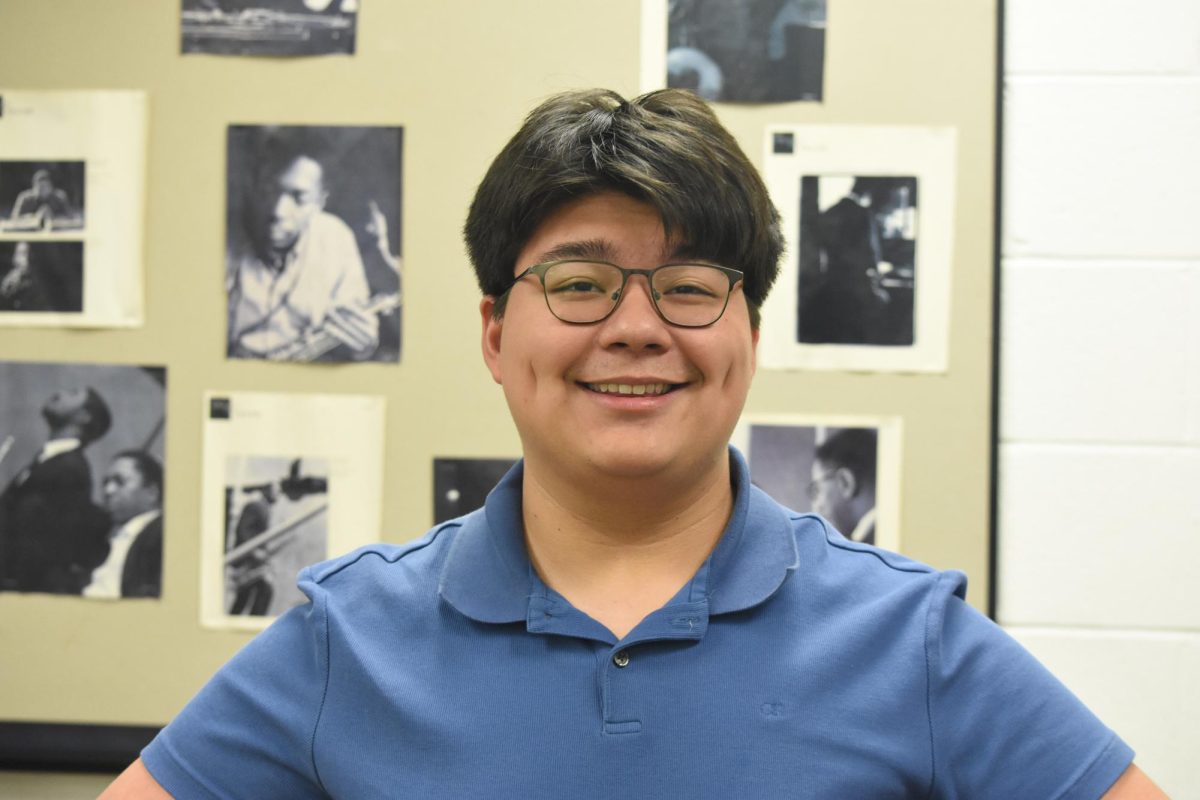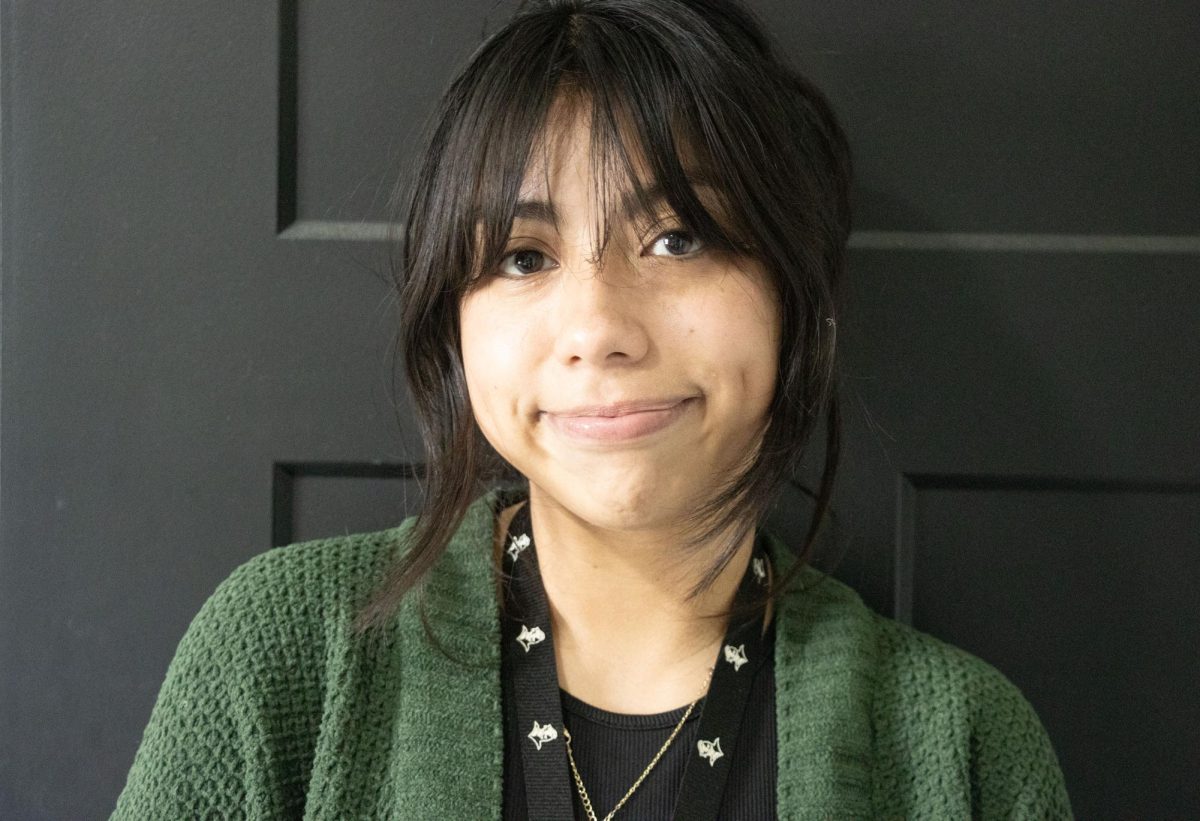Many people blame violent behaviors and actions on music and video games and things of that nature. But maybe these violent behaviors come in the form of a prescription.
Negative behaviors have been linked to selective serotonin reuptake inhibitor prescription antidepressants.
Suicide, violence and addiction all have been linked to antidepressant drugs.
Many testimonies from parents have displayed the effect of the drugs on their children.
One 12-year-old girl hung herself two days after taking 100mL of Zoloft. Another ended her life by cutting her wrists. A father found his son hanging from the rafters in their attic. A 12-year-old boy took his life eight weeks after being put on Zoloft. A father had his son tell him, “I can’t stand the way this drug makes me feel,” and killed himself two days later. In a courtroom a mother and father in testimony asked, “How do you erase the picture of your child running in front of a moving car?” All these children were on antidepressant drugs prescribed by their physicians.
A woman in a state of confusion and hopelessness put a 38 revolver under her chin and pulled the trigger. More painful is the fact she lived and is disfigured and suffers from severe brain damage.
Many people go from being shy, mildly depressed individuals to being consumed by thoughts of killing themselves while on antidepressant drugs.
Antidepressants aren’t only linked to suicide and severe depression. These drugs can change people into very aggressive individuals.
The patients who take these drugs aren’t only prone to suicide and dangerous to them self but also have been linked to many school shootings and homicides.
Corey Baadsgaard was 16 and on a mix of antidepressants for what doctors called situational depression when he took a rifle to school and held 23 classmates at gunpoint.
A 15-year-old named Kip Kinkel shot 22 classmates and killed two after murdering his mother and stepfather in their Springfield, Ore., home. Kinkel was suffering from withdrawal of the antidepressant Prozac.
Jason Hoffman was on the drug Effexor when he shot up his high school in California and wounded five.
Shawn Cooper, 15 years old, was on a mix of antidepressants when he shot classmates in Idaho.
Seventeen-year-old Eric Harris was on antidepressants when he and his partner Dylan Klebold massacred Columbine High school. They killed 12 classmates and one teacher before they took their own lives.
Dr. David Healy, a psychologist at the University of Wales, had this to say on antidepressants.
“We’re not just picking up people who were ill and need to be treated,” Healy said. “We’ve gone way way beyond that and are actually making people ill.”
Joseph Glenmullen, a Harvard psychiatrist prescribes drugs to his patients but has to closely monitor them due to seeing dangerous and extreme reactions in many of his patients.
“People who weren’t suicidal before I put them on the drugs clearly became aggravated, sleepless, restless and completely preoccupied with suicidal thoughts,” Glenmullen said. “And when I took them off the drugs, it would go away.”
Regardless of the evidence behind the shootings and the teens’ medications, people aimed to point fingers elsewhere. Columbine protested Marilyn Manson and blamed him along with the video game DOOM for Harris and Klebold’s actions.
In an interview Marilyn Manson was asked what he would say if he were to talk directly to the kids from Columbine or people in that community, Manson answered, “I wouldn’t say a thing to them, I would listen to what they have to say, and that’s what no one did.”
I agree with Manson’s answer in that maybe these kids just needed somebody to talk to rather then a bottle to turn to.
These drugs have such damaging effects and the evidence is there, yet, medicating the problem continues to be the answer. So before we blame that HALO video game and heavy-metal music, maybe we should step into people’s lives and try and have an impact rather than a pill.
Medication can be beneficial when truly necessary, but stop trying to prescribe happiness when too much sorrow is found in the bottom of those plastic bottles. — Rustin Watt
Antidepressants have reverse effects
April 24, 2009

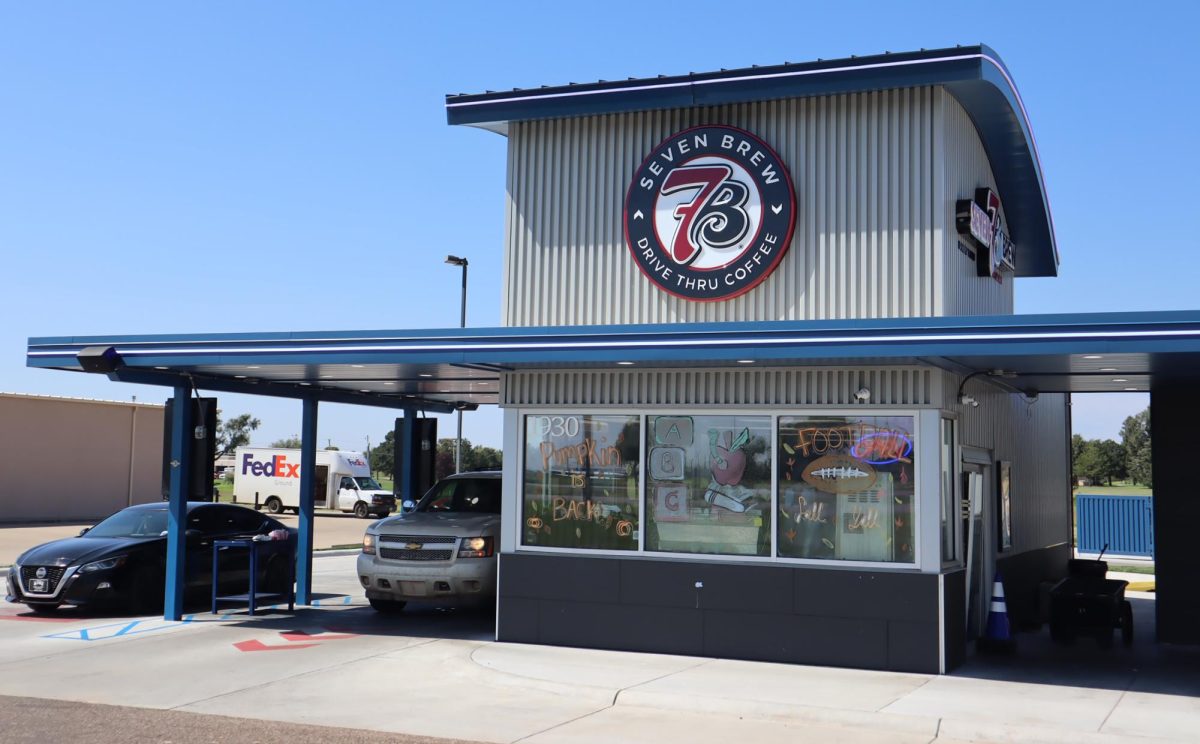
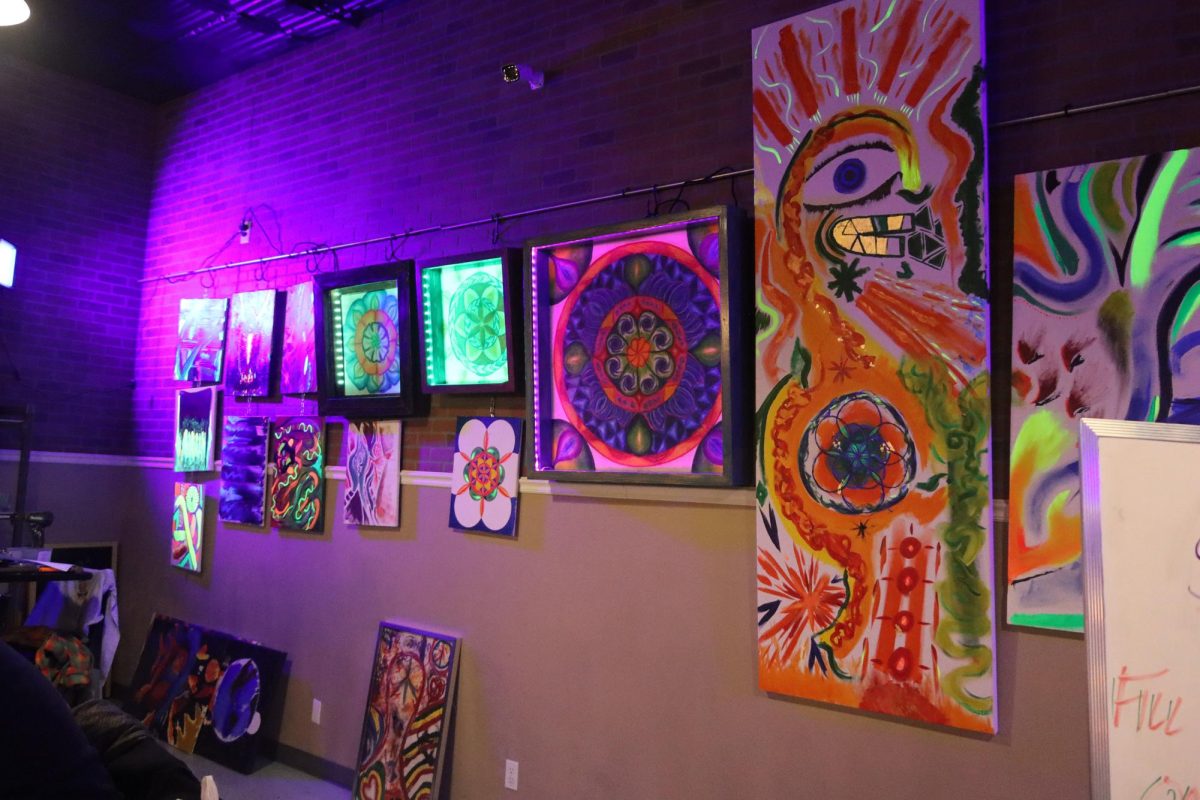

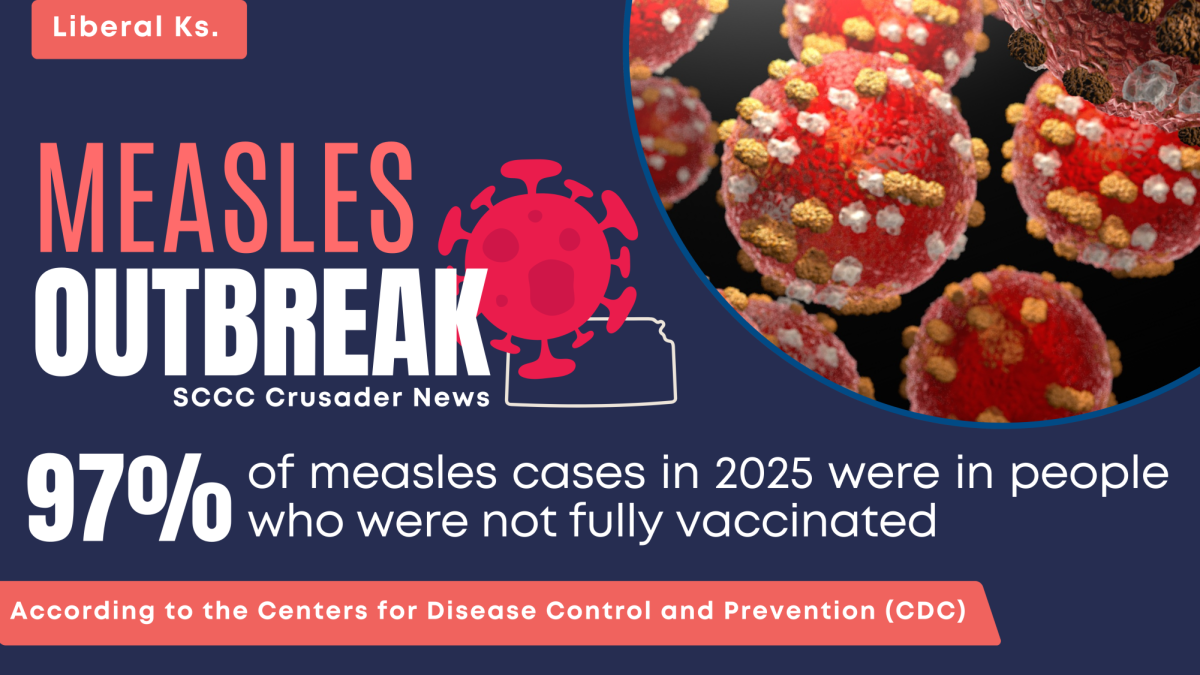








![The sophomores were recognized on the field instead of walking across the stage during their doubleheader. They received their diplomas and a picture of themselves playing during their career at Seward. [Pictured left to right are Dylan Day, Reed Thomas, Jase Schneider, Mason Martinez, Gannon Hardin, Brody Boisvert, and Zach Walker]](https://crusadernews.com/wp-content/uploads/2022/05/WEBDSC_0275-900x454.jpg)













